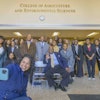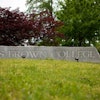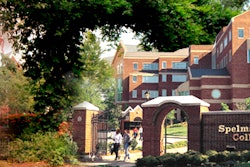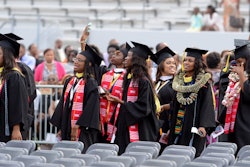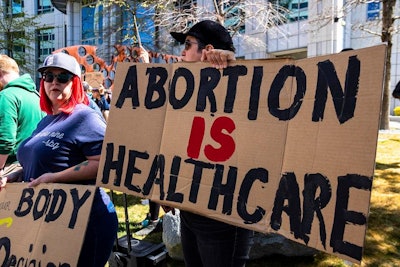
“It’s incredibly disappointing to see the Supreme Court make a decision that is so out-of-step with mainstream America’s realities,” said Dr. Michael J. Sorrell, president of Paul Quinn College, a private HBCU in Texas. “We are charged with educating and preparing students to be capable of navigating any reality that they find themselves in. Sadly, the political motivation behind many decisions in this country run contrary to the majority of people’s interests and demonstrated desires. And so, we have to teach students to navigate through that.”
In September 2021, Texas became ground zero for the country’s abortion battles. A state law known as SB 8 went into effect at that time, banning the termination of pregnancies after around six weeks. When the Supreme Court in June ruled to overturn Roe in Dobbs v. Jackson Women’s Health, several conservative-controlled state legislatures quickly passed Texas-like abortion laws or near-total bans on ending pregnancies.
Many HBCUs are in states now with abortion bans. Studies also show that women of color disproportionately seek out most abortions in the U.S., often for economic reasons. An array of research has additionally found that being denied an abortion can limit a woman’s educational opportunities.
“While HBCUs are highly concentrated in regions of the U.S. that will most likely limit access to reproductive services, HBCU college health providers are well versed in providing excellent care to students with limited resources,” wrote Dr. Tondra L. Moore, executive director of health services at Prairie View A&M University, a public HBCU in Texas, via email to Diverse. “As with any medical situation encountered, HBCU college health providers will continue to provide services aligned with applicable laws and regulations as well as the mission of their respective institutions.”
At Jackson State University (JSU), a public HBCU in Mississippi, Dr. Samuel Jones, director of health services there, said that the Supreme Court’s decision “has not impacted the services offered at Jackson State University.” The health center provides JSU students with free contraceptives and contraceptive counseling. And the center “will continue to refer students who require prenatal care to local OBGYN clinics if they do not have access to their own private physicians.”
But for pregnant people in Mississippi who seek abortions, there is no abortion clinic in the state that JSU could refer students to, should they ask. Questions remain in such states around what role universities play to support students’ reproductive health care to continue their educations.

